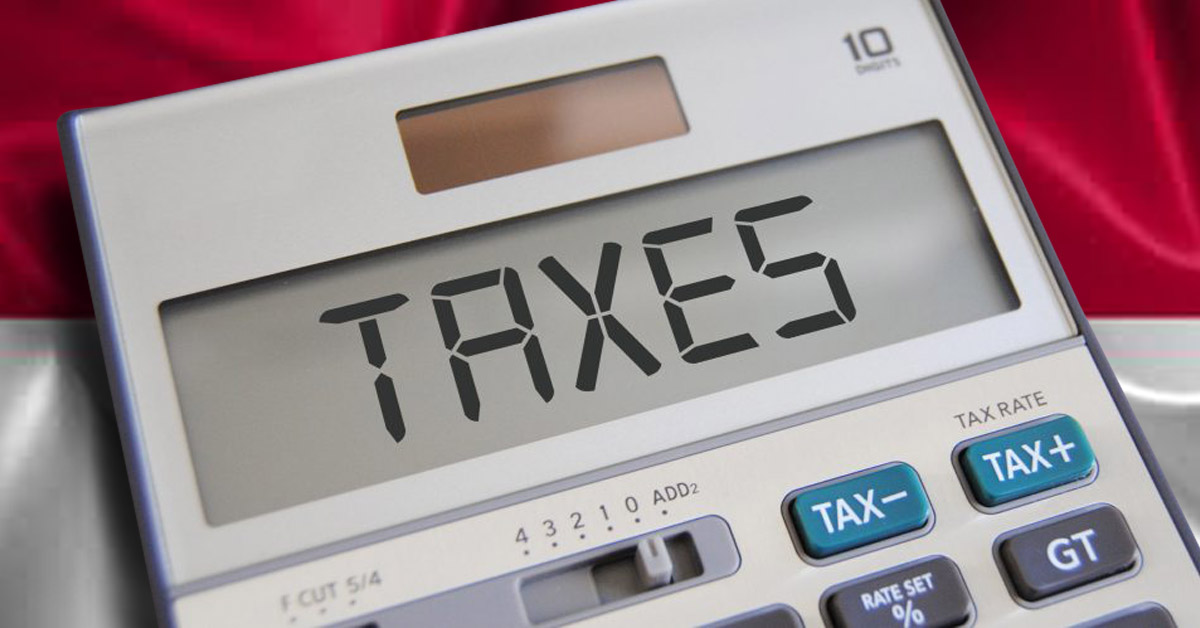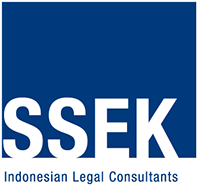 The most common option for an overseas company as a foreign investor to establish a presence in Indonesia is by setting up a limited liability company (Perseroan Terbatas or PT) with foreign ownership (PT PMA). The first step in establishing a PT PMA is determining whether the PT PMA can be wholly foreign owned or only partially foreign owned. This involves what is known as the Negative Investment List. The current Negative Investment List is contained in Presidential Regulation No. 39 of 2014 outlining the list of business fields that are closed and business fields that are open with requirements for investment. To establish a PT PMA, a foreign investor must submit an application to the Capital Investment Coordinating Board (BKPM) to obtain a principle licence (izin prinsip). Once the principle licence is issued by the BKPM, the founding shareholders or their proxies need to execute the deed of establishment containing the PT PMA’s articles of association, which must be signed before a notary public and filed with the Ministry of Law and Human Rights for its approval. The filing process is usually handled by the notary. Once the Ministry of Law and Human Rights approves the articles of association, the PT PMA must then register with the Ministry of Trade. Another common option for an overseas company to establish a presence in Indonesia is by acquiring an existing PT PMA. Such an acquisition is also subject to approval by the BKPM and the Ministry of Law and Human Rights and registration with the Ministry of Trade. There are advantages and disadvantages both to establishing a new PT PMA and to acquiring an existing PT PMA. The advantage to establishing a new PT PMA is that the foreign investor has immediate control once the PT PMA is established and the management can be set up to suit the investor’s preferences. The disadvantage is that establishing a new PT PMA requires permits, setting up a physical presence and hiring employees, which is time-consuming compared to acquiring an existing PT PMA. Setting up a new PT PMA also requires completing an administrative process with government institutions/agencies related to the technical licences of that PT PMA. The advantage of acquiring an existing PT PMA is that there is pre-existing brand recognition in the market if the existing PT PMA is already widely known and in good standing. Also, the existing PT PMA will have licences, an office and employees. The disadvantage is that before acquiring an existing PT PMA an investor is recommended to conduct a legal due diligence on the PT PMA’s documents to ensure the soundness of the PT PMA, with specific regard to its outstanding taxes and financial obligations, and whether the PT PMA is involved in any disputes with other parties. The legal due diligence may incur legal costs and require time before the foreign investor can proceed to the next steps. In addition, the administrative procedures that must be followed, such as notification/registration with government institutions/agencies, are time-consuming. Representative offices A KPPA is established by foreign companies engaging in a service business, while foreign companies involved in the trading of goods will establish a KP3A. KPPAs and KP3As are limited to acting as a liaison between their principal and potential customers (for example, marketing and promotional activities) and are prohibited from generating revenue in Indonesia. |
SSEK Legal Consultants
14th Floor, Mayapada Tower
Jl. Jend. Sudirman Kav. 28, Jakarta 12920, Indonesia
Tel: (62) 21 521 2038 / Fax: (62) 21 521 2039
Email: iraeddymurthy@ssek.com
dennyrahmansyah@ssek.com
Website: www.ssek.com




































 SSEK Legal Consultants
SSEK Legal Consultants Rusmaini Lenggogeni
Rusmaini Lenggogeni Denny Rahmansyah
Denny Rahmansyah







